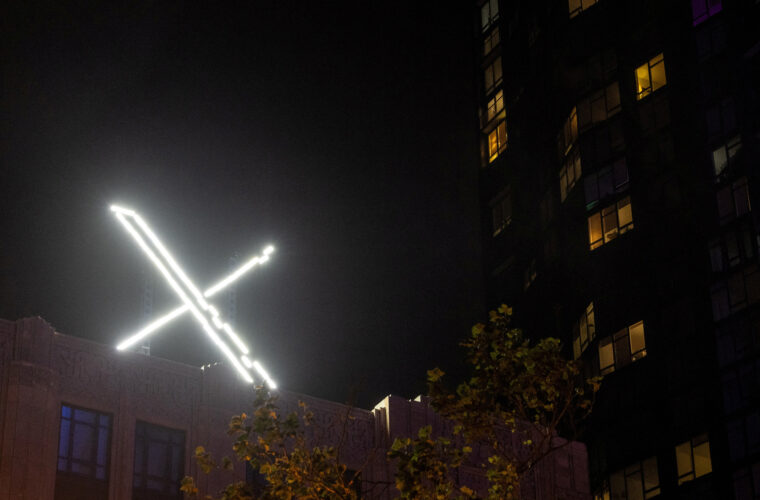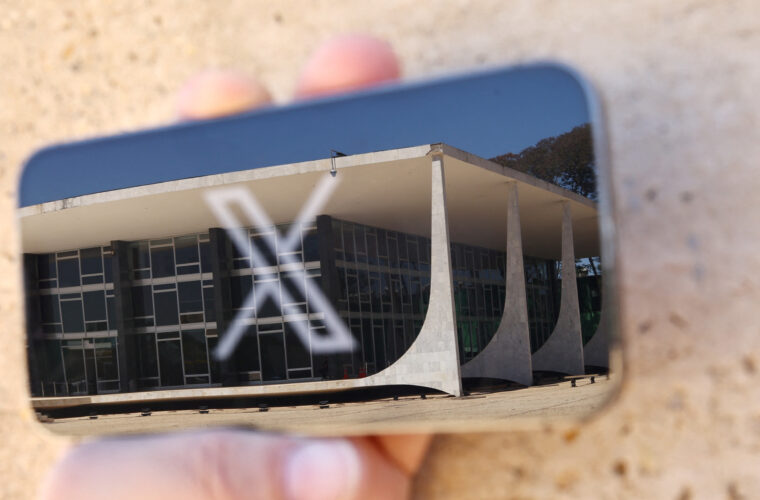X has unveiled its image generation tool, Aurora, which enables the creation of photorealistic images (ranging from realistic depictions of people, including celebrities, to various other scenes) based on textual descriptions. However, the tool was available under the “Aurora” name for only one day on the X platform. Elon Musk, the platform’s owner, revealed that the Aurora codename was quickly discontinued, with the technology now being integrated into Grok, X AI’s broader umbrella.
As stated by X on its own blog, the model has been trained with billions of examples from the Internet, giving it a deep understanding of the visual world. The implementation is being carried out gradually in selected countries, with plans for global expansion in late December.
“Aurora is an autoregressive mixture-of-experts network trained to predict the next token from interleaved text and image data. It excels at photorealistic rendering and precisely following text instructions. Beyond text, the model also has native support for multimodal input, allowing it to take inspiration from or directly edit user-provided images,” X explains.
The X platform also released its Grok-2 version this month for free to all users (including its image generation tool), with Premium and Premium+ users getting higher usage limits.
Competing with DALL-E, Nova and other AI image generators
Aurora represents Elon Musk’s bet to enter the competitive generative AI market, which includes powerful tools such as Open AI’s DALL-E or Amazon’s recently unveiled Nova. After making Grok freely accessible, it now incorporates image generation and editing capabilities. The system stands out for its ability to reproduce precise visual details, including real-world entities, texts, and logos, and create realistic portraits.
The story behind Aurora is fascinating, as Musk, a co-founder of OpenAI, is now competing directly with his former company. Musk was also entangled in a lawsuit, which he dropped in June, against OpenAI, accusing the ChatGPT maker of abandoning the startup’s original mission of developing artificial intelligence for the benefit of humanity and not for profit.
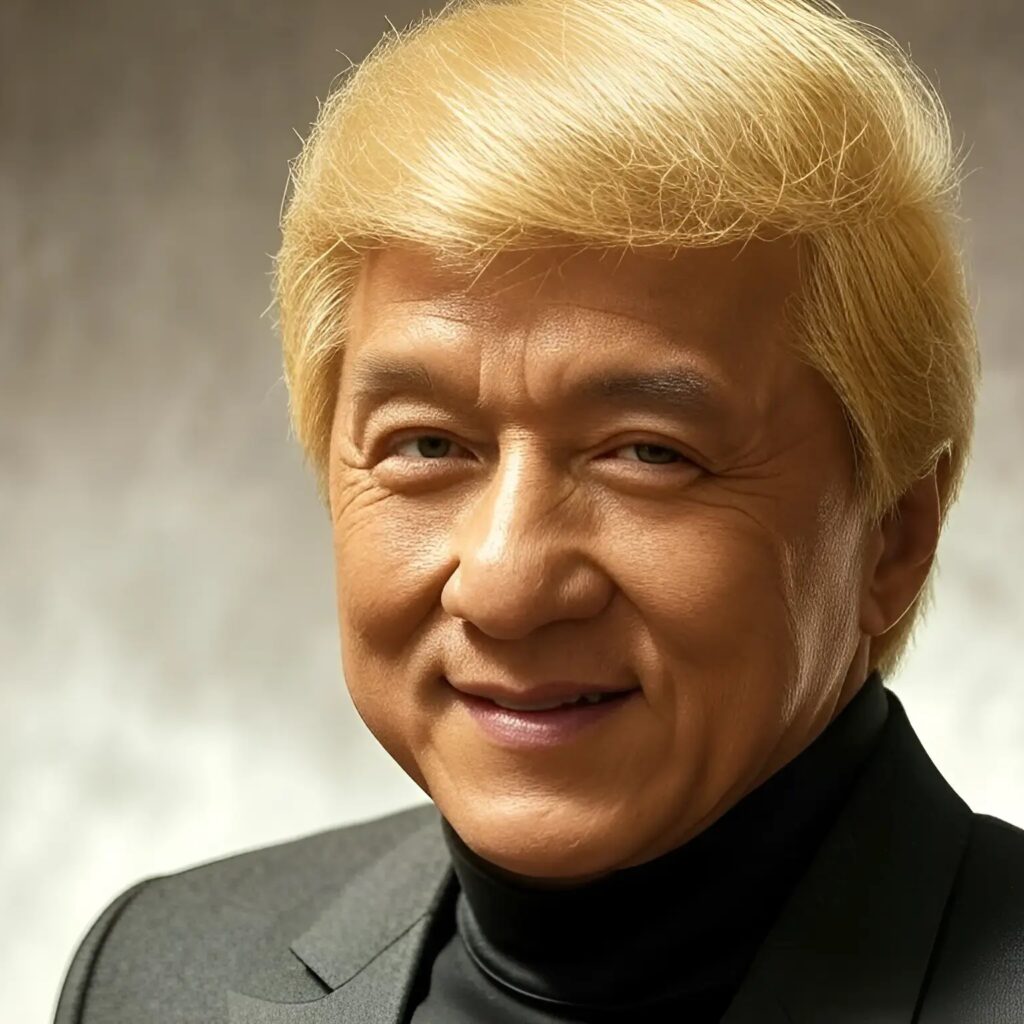

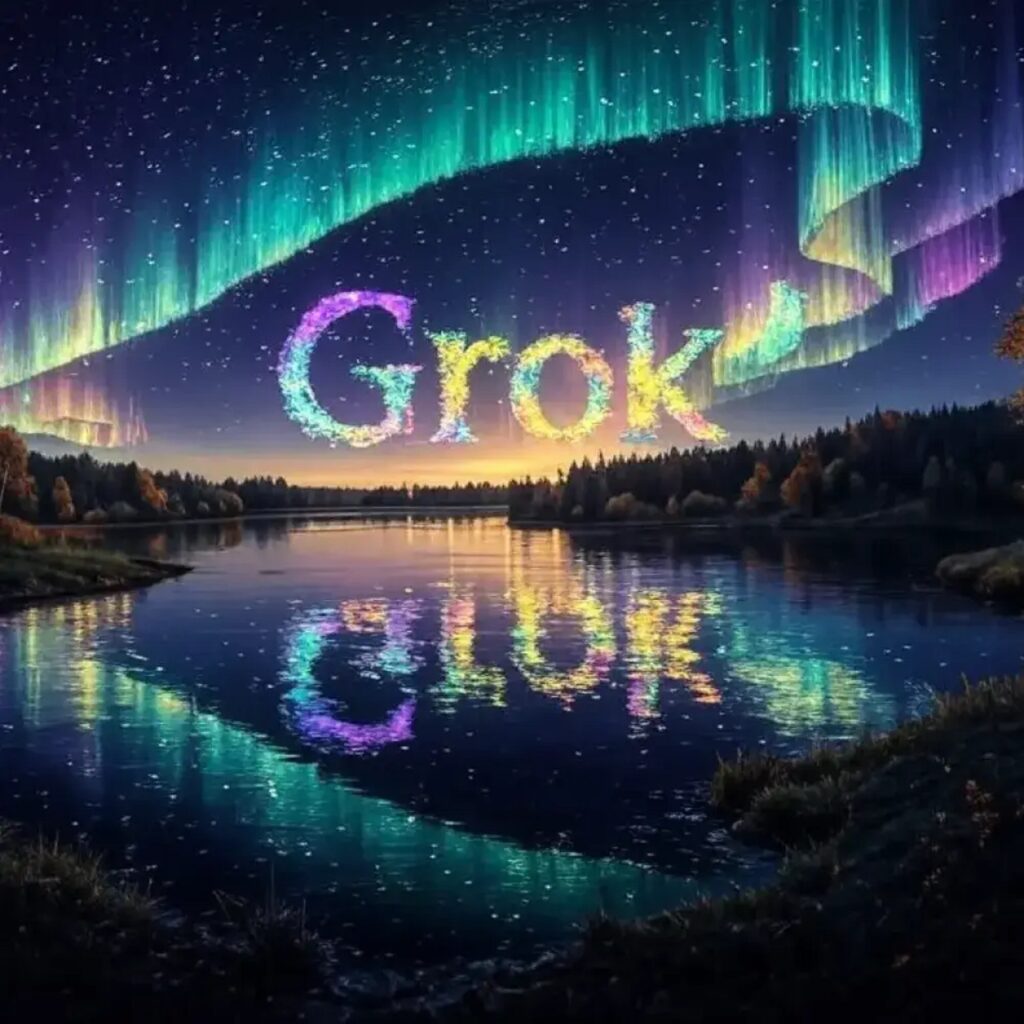
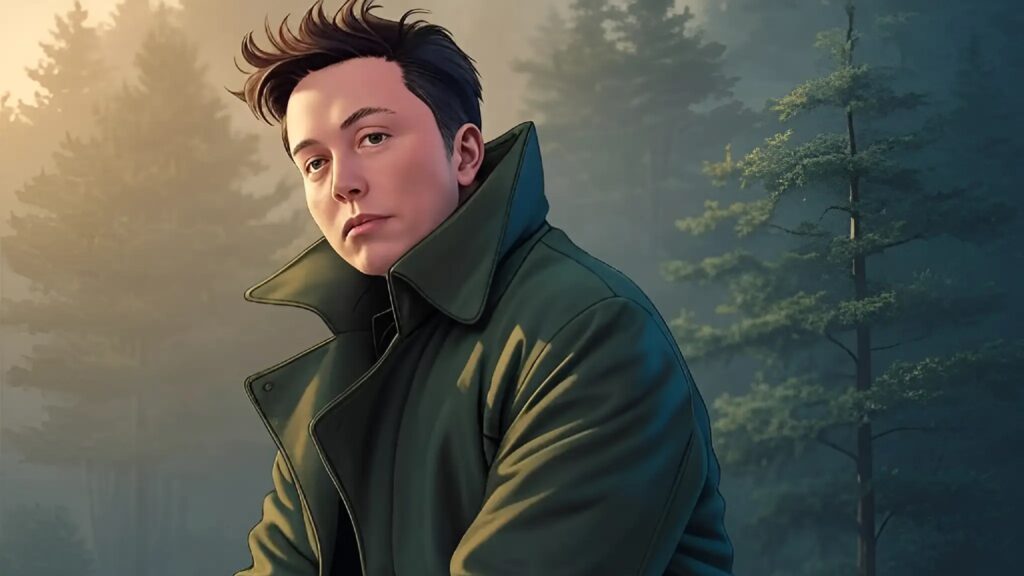
Delayed launch due to image generation errors
Aurora’s initial launch last week was briefly delayed due to inconsistent results, such as poorly merged elements and unnatural representations of human hands. Among Aurora’s most promising features is its ability to edit images, a function that will be available soon. As an example of its capabilities, the company has shown the transformation of pet photos into anime-style illustrations.
Furthermore, the tool also provides an interesting feature, “draw me,” which lets users generate reimagined versions of themselves using information from their X profile. According to X, developers continue to improve the model to eliminate initial inconsistencies and offer more accurate results in future updates.


